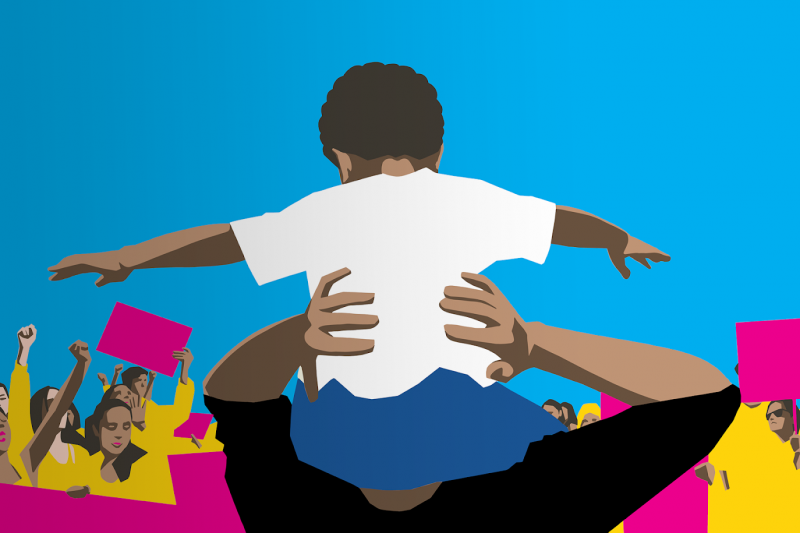To mobilize a global solidarity movement to eradicate all forms of discrimination, every year on March 1 to honor everyone’s right to a productive and dignified life.
The theme for this year’s Zero Discrimination Day is “Remove laws that harm, create laws that empower,” with UNAIDS emphasizing the importance of repealing discriminatory legislation.
The significance of Zero Discrimination Day is to raise public awareness about such legislation, as well as other forms of discrimination, and to persuade various systems to officially stop it. As a result, states can repeal discriminatory laws and implement anti-discrimination legislation.
The day was first observed on March 1, 2014, and was announced by UNAIDS Executive Director Michel Sidibé during a big event in Beijing on February 27, 2014.
The United Nations organizes a variety of programs and activities to honor everyone’s right to live a dignified and honorable life, regardless of their age, gender, religion, caste, color, country, height, weight, or occupation.
Discrimination experiences were associated with poorer self-rated health, greater depression, and greater relationship strain.
Having a partner who has been discriminated against was associated with poorer self-rated health (for men only), greater depression, and greater relationship strain.
Older adults and people with disabilities are especially vulnerable to experiences of discrimination. In 2010, about 56.7 million people in the United States (19% of the population) had a disability.
Source: Mybrytnewsroom.com/Kofi Atakora



















































